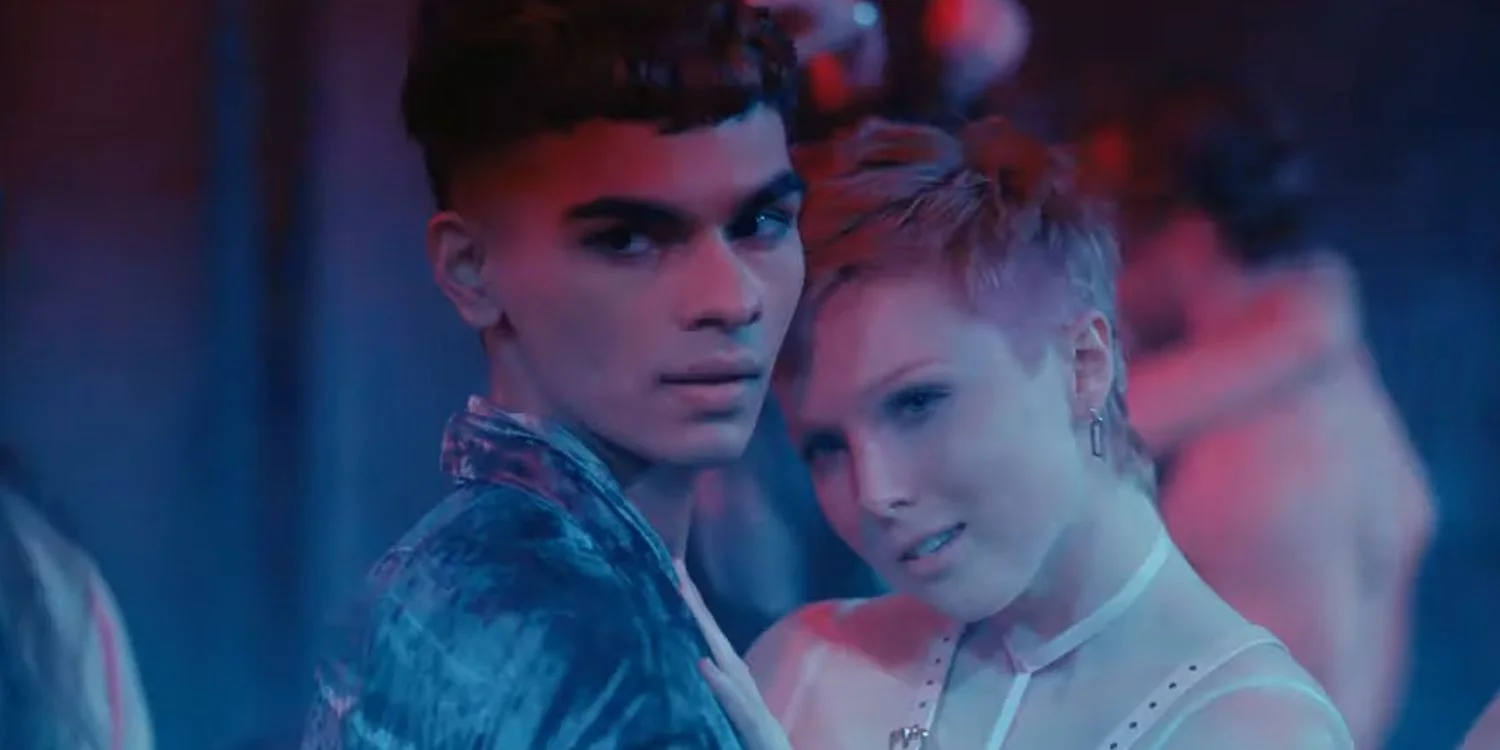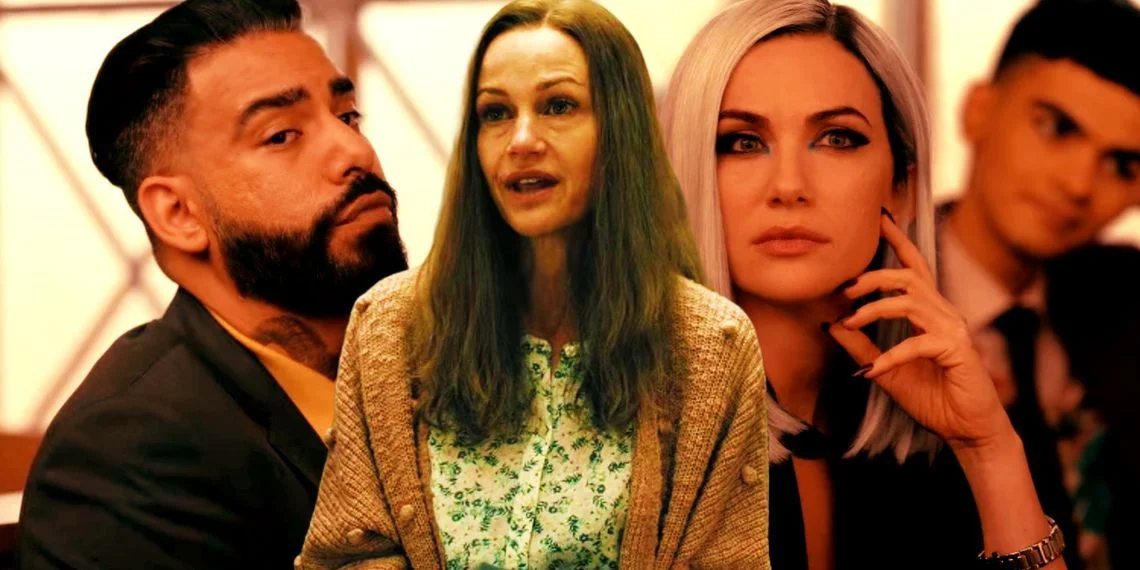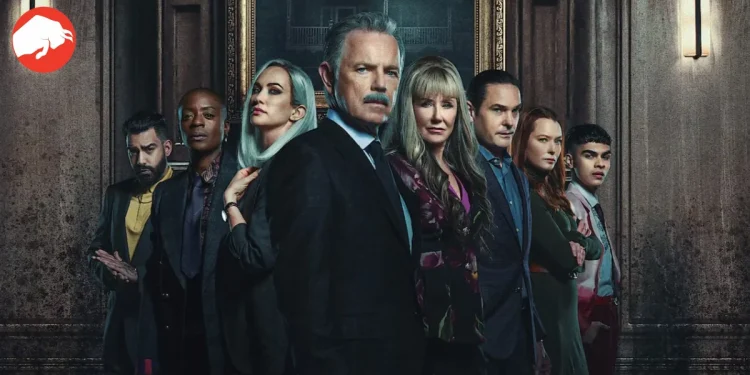Mike Flanagan Puts Theories to Rest
Director Mike Flanagan, widely acknowledged as a modern master of horror, has just quashed one of the more intriguing fan theories about his latest Netflix series, ‘The Fall of the House of Usher.’ The show, which has become a hit among horror aficionados, delves deep into the morally ambiguous world of pharmaceutical CEO Roderick Usher. Adapted from Edgar Allan Poe’s works, the series is saturated with Poe-like elements, inciting a flurry of fan theories.
Flanagan took to Tumblr recently to directly address the widely-discussed notion that the story of Roderick Usher and his family is an allegory of the Seven Deadly Sins. He offers insights that deflate this specific interpretation, without completely dismissing the importance of viewer perspectives.
“I’ve heard this a few times today – I’m sorry to say that it was NOT our intention to have the Usher kids represent the 7 deadly sins. Roderick only has 6 children, for one thing, and I got most of my religious horror out of my system in Midnight Mass,” Flanagan writes. “I’m always happy to see people digging into the work, and typically don’t want to dissuade someone from whatever meaning they find there, but in this case I’d be lying if I said that was our intention.”

The Lust Angle: It’s Complicated
Why did fans think that the Seven Deadly Sins theory holds water? The first significant death in the series is tied to Perry, played by Sauriyan Sapkota, whose actions and dialogues resonate heavily with the theme of ‘lust.’ He is often discussing sexual plans and even contemplates organizing an orgy.
However, as Flanagan points out, if you pull on that thread, it starts to unravel. For one, Perry’s motivations for the orgy are more insidious; he plans to gather blackmail material on the high-profile guests. Moreover, the theme of lust isn’t restricted to just Perry; it’s a recurring motif among several of Usher’s offspring.
The Folly of Pride: Not Just One Sin
The theory also falters when we look at Roderick’s other children. Camile, Victorine, and Tammy are all burdened with an excessive amount of pride. Camile, refusing to beg for her life in her final moments, exemplifies this. Tammy’s tightly curated image prevents her from showing vulnerability, even to her spouse.
The Deeper Message of The Series
Beyond the tantalizing themes and the multi-layered characters, ‘The Fall of The House of Usher’ poses existential questions. It asks whether living a short but extravagant life, fulfilling every desire, is better than a longer, more uncertain life with challenges and hardships.
Flanagan’s narrative brilliance goes beyond the topical horror or the shock value; it dares to explore the moral complexities and the tragic dimensions of human choices. And while the Seven Deadly Sins theory was an interesting rabbit hole, it’s clear that the story’s implications are more intricate and thought-provoking.
So, the next time you dive into this twisted tale of family, greed, and existential dread, remember that the series is as complex as the haunted characters it portrays, and it doesn’t fit neatly into any single interpretative box.

Breaking Down the Misconceptions
As the creator himself clarifies, tying the story solely to the Seven Deadly Sins would be simplifying the complex thematic tapestry he’s woven. Flanagan suggests that such interpretations may even limit the enjoyment and understanding of the series.
“No one will ever do the seven deadly sins better than Se7en, so why bother?” says Flanagan, reinforcing that his show has more to offer than just a one-note thematic resonance.
In the end, ‘The Fall of the House of Usher’ is not merely a cautionary tale wrapped in horror tropes. It is a profoundly unsettling exploration of human frailty, corporate greed, and the eerie complexities of familial bonds. And it stands, firmly, on its own dark merits.









